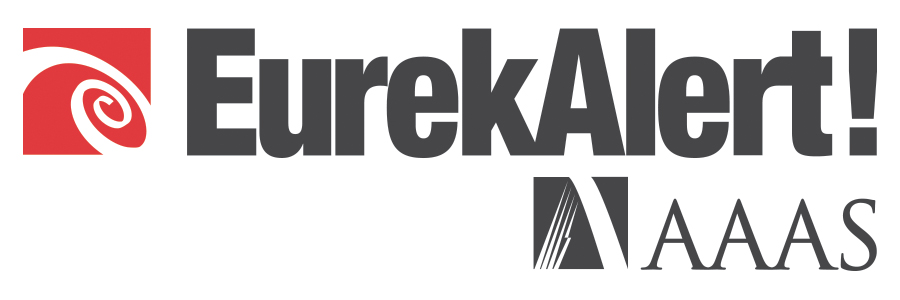
Stereotactic Body Radiotherapy (SBRT), a high-dose, precisely delivered radiotherapy, is considered the standard treatment for patients with medically inoperable, node-negative, non-small cell lung cancer (NSCLC). However, this well-tolerated radiation treatment was not previously tested in centrally located NSCLC due to the fact that patients with centrally located lung tumors demonstrate a higher risk for toxicity if treated with high SBRT doses.
The NRG Oncology clinical study NRG-RTOG 0813 was designed to find the maximum tolerated dose (MTD) of SBRT for centrally located NSCLC in medically inoperable patients. The seamless Phase I/II study examined a 5 fraction, dose escalating schedule of SBRT that ranged from 10 to 12 Gy/fraction delivered over 1.5 to 2 weeks in 120 accrued patients from the United States and Canada. Results of this study are published in the Journal of Clinical Oncology.
The MTD was the highest dose level allowed by the protocol, 12.0 Gy per fraction in 5 fractions, and was associated with a 7.2% dose-limiting toxicity (DLT), defined as any treatment-related grade 3 or worse from a list of predefined toxicity types which occurred within the first year. The DLT rate of 7.2% is significantly below the protocol-specified target rate of 20%. Treatment was also associated with high rates of tumor control.
“The patients who enrolled into NRG-RTOG 0813 were medically inoperable with early stage lung cancer, mostly elderly and with co-morbidities. The two-year overall survival rates for patients at the two highest doses were 70% which is comparable to patients with peripheral early stage tumors that were treated by SBRT,” stated Andrea Bezjak, MD, of the Princess Margaret Cancer Center and the lead author of NRG-RTOG 0813.
Two-year rates for the 71 evaluable patients in the 11.5Gy/fr and 12.0Gy/fr cohorts were: local control 89.4% (90% CI:81.6-97.4), 87.9% (90% CI :78.8-97.0); overall survival 67.9% (95%:50.4-80.3), 72.7% (95%:54.1-84.8); progression-free survival 52.2% (95%:35.3-66.6), 54.5% (95%:36.3-69.6).
“This trial demonstrated our ability to provide local control and potential for cure in patients with centrally located, node-negative tumors in multiple institutions, while maintaining plan qualities, achieving good patient outcomes, and only allowing modest rates of toxicity,” added Dr. Bezjak.
###
This project was supported by grants U10CA180868 (NRG Oncology Operations), U10CA180822 (NRG Oncology SDMC), UG1CA189867 (NCORP), U24CA180803 (IROC), P30CA047904 (UPMC Hillman Cancer Center) from the National Cancer Institute (NCI).
Citation
Bezjak A, Paulus R, Gaspar LE, Timmerman RD, Straube WL, Ryan WF, Garces YI, Pu AT, Singh AK, Videtic GM, McGarry RC, Iyengar P, Pantarotto JR, Urbanic JJ, Sun AY, Daly ME, Grills IS, Sperduto P, Normolle DP, Bradley JD, Choy H. Safety and Efficacy of a Five-Fraction Stereotactic Body Radiotherapy Schedule for Centrally Located Non-Small-Cell Lung Cancer: NRG Oncology/RTOG 0813 Trial. J Clin Oncol. 2019 Apr 3:JCO1800622. doi: 10.1200/JCO.18.00622. [Epub ahead of print] PubMed PMID: 30943123.
About NRG Oncology
NRG Oncology conducts practice-changing, multi-institutional clinical and translational research to improve the lives of patients with cancer. Founded in 2012, NRG Oncology is a Pennsylvania-based nonprofit corporation that integrates the research of the National Surgical Adjuvant Breast and Bowel Project (NSABP), the Radiation Therapy Oncology Group (RTOG), and the Gynecologic Oncology Group (GOG). The research network seeks to carry out clinical trials with emphases on gender-specific malignancies, including gynecologic, breast, and prostate cancers, and on localized or locally advanced cancers of all types. NRG Oncology’s extensive research organization comprises multidisciplinary investigators, including medical oncologists, radiation oncologists, surgeons, physicists, pathologists, and statisticians, and encompasses more than 1,300 research sites located world-wide with predominance in the United States and Canada. NRG Oncology is supported primarily through grants from the National Cancer Institute (NCI) and is one of five research groups in the NCI’s National Clinical Trials Network.
Disclaimer: AAAS and EurekAlert! are not responsible for the accuracy of news releases posted to EurekAlert! by contributing institutions or for the use of any information through the EurekAlert system.

